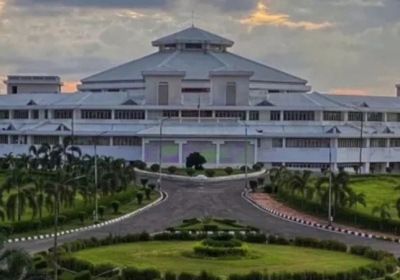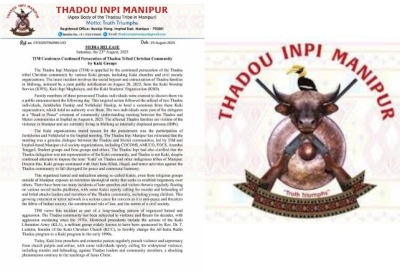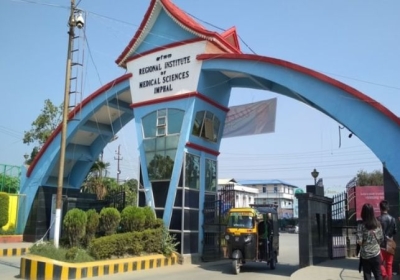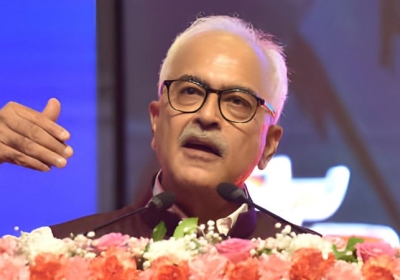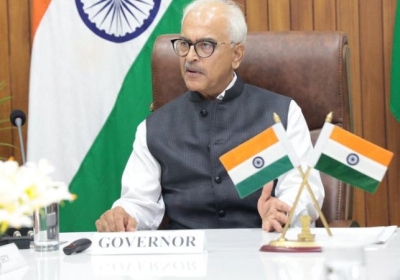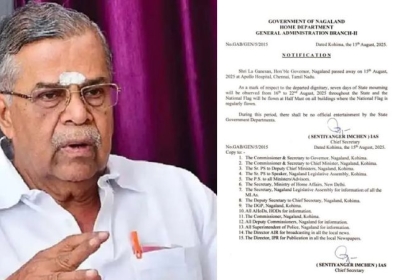Manipur Ethnic Conflict: Political offshoots Over ‘Any Kuki tribes’ ST Status
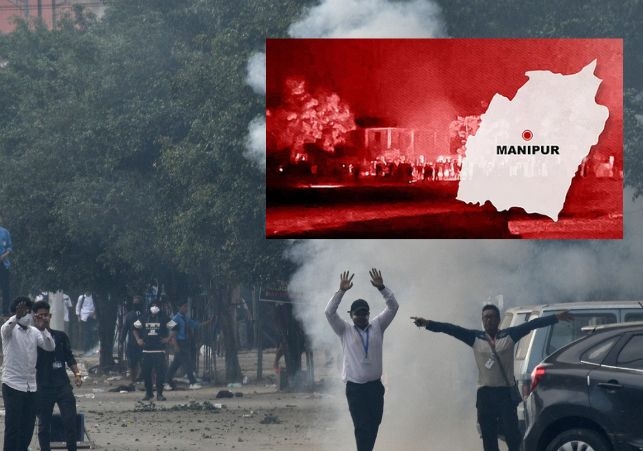

Manipur Ethnic Conflict: Political offshoots Over ‘Any Kuki tribes’ ST Status
Digital Desk: The political and ethnic conflict in Manipur continues to escalate since the state cabinet's contentious decision to remove the "Any Kuki tribes" (AKT) category from the Scheduled Tribes (ST) list on January 2, 2023.
The move sparked strong opposition from Kuki civil society organizations around the world, including the Kuki National Organization (KNO), a Kuki-militant group under Suspension of Operation (SoO) agreement with both the Government of India and Manipur, Kuki Inpi Manipur, Kuki Students' Organization (KSO), KKL, KWOHR, KWS, and others.
Meanwhile, the Thadou Inpi Manipur, the apex body of the Thadou tribe of Manipur, and the Thadou Students' Association (TSA) openly supported the removal of the AKT category and linked themselves with the then-Manipur Chief Minister N. Biren Singh.
This internal split between the Thadou and Kuki/AKT factions has complicated the state's unsteady political situation.
According to reports, the decision's opponents have cited a number of unrelated events as justification for accusing the Chief Minister and his administration of being anti-tribal and anti-Kuki. These include the implementation of laws pertaining to the conservation of paddy and wetland, evictions from reserved and protected forests, delays in the Autonomous District Council (ADC) elections, the opening of an open gym, the High Court's decision on the Meitei ST demand, and the Chief Minister's planned visit to Churachandpur on April 28, 2023. One under-reported point of contention has also been the exclusion of Churachandpur MLAs from cabinet positions.
After the Anglo-Kuki War Centenary Memorial Welcome Post in Leisang village, Saikot constituency, was set on fire, violence broke out. The broader Manipur conflict has been seen as having its roots in the subsequent retaliatory attacks in Waikhulok in Saikot constituency and the spread of violence to Torbung and Kangvai in Henglep constituency, which are represented by MLAs from the AKT category and are allegedly supported by militants with KNO and SoO affiliations.
Many people believe that these incidents are related to local political people' attempts to maintain the AKT designation in the face of mounting legal and political obstacles.
The removal of AKT from the ST list has been backed by militant organizations affiliated with the United People's Front (UPF) and the Suspension of Operations (SoO) framework, including the Kuki National Front (KNF) and United Kuki Liberation Front (UKLF).
The state cabinet, which includes ministerial positions for Letpao Haokip (allegedly supported by UKLF/UPF) and Nemcha Kipgen (allegedly supported by KNF/UPF, with her husband serving as KNF/UPF president), reflects their political clout.
Many viewed March 10, 2023, as a turning point when the state government withdrew from negotiations with the KNO and ZRA and revoked the SoO agreement with them.
According to observers, in an attempt to undermine the Chief Minister, Kuki-aligned groups in Churachandpur started to intensify and sensationalize a number of issues.
When mob violence broke out in Kuki-majority areas on May 3, 2023, tensions reached a breaking point. The disturbances swiftly turned into statewide communal conflicts.
Despite long-standing internal conflicts, SoO-aligned groups seemed to put up a united front in the aftermath, which many observers think was fabricated to collectively target the Meitei community.
A humanitarian crisis remains unresolved as the Manipur conflict further polarizes politics and divides the region along ethnic lines. Community tensions have resulted in the displacement of Meiteis and tribal families from the Imphal Valley and tranquil hill districts. These civilians have lost homes, livelihoods, and loved ones as a result of political agendas and retaliatory violence, even though they are not combatants. Despite continuous ethnic polarization and political scheming, the issue has not been resolved.
Both parties are still waiting for meaningful rehabilitation, justice, and reconciliation. More importantly, there is still no defined schedule or plan for a secure return or permanent relocation.
Many policies and compensation plans have been announced by the state and federal governments, but there is widespread mistrust of the process, especially since the underlying political causes of the conflict have not been addressed.
The pending report from the Judicial Inquiry Commission, which was established to look into the causes and development of the violence, is another factor contributing to the uncertainty.
The commission has not yet released its findings more than a year after the initial outbreak, which puts important questions unanswered: What caused the initial outburst of violence? Who were the main initiators? Were central or state forces careless or complicit? What steps can be taken to stop ethnic conflict in the future?
Experts caution that long-term peace in Manipur will remain elusive in the absence of answers and accountability. The return, reconciliation, and reconstruction remains as hope and uncertainity for the displaced communities, including both Meiteis and Tribals, and the wait for justice is getting more prolonged.




